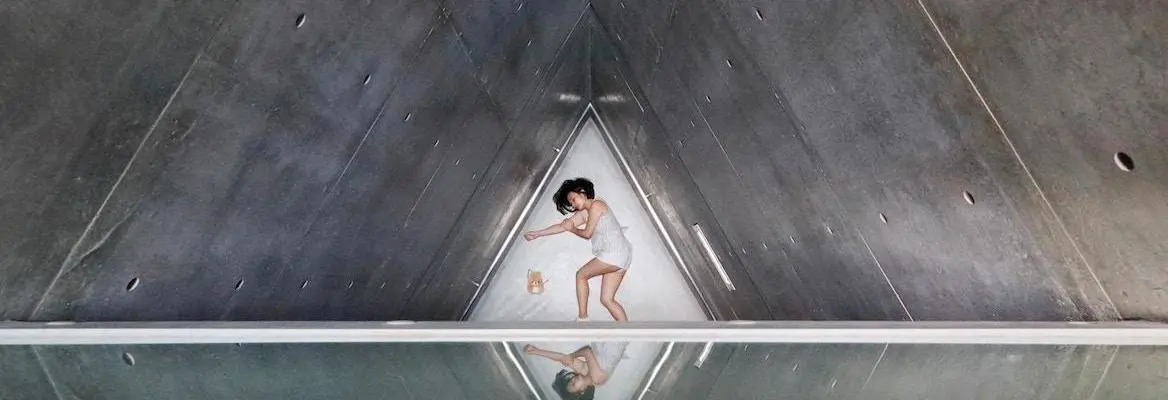According to scientific materialism, we human beings are just chemical machines (“throwaway survival machines,” to quote the arch-materialist Richard Dawkins) whose only purpose is to survive and reproduce, so that our genes can continue. Otherwise there isn’t really much of consequence in our lives. We may attempt to create other kinds of meaning – for example, by following a religion, trying to become rich or famous, or trying to make the world a better place – but all we’re really doing is following our genetic and neurological programming. Even our consciousness – the feeling of having experience inside our own heads – may not really exist, or is just a kind of shadow of our brain activity.
However, I take the rather unfashionable view that there is meaning to life. I don’t think we are just ghost-like entities living inside our machine-like bodies with an indifferent machine-like world out there, in cold separation on the other side of our heads. That human life is just a meaningless space between birth and death, for us to spend trying to enjoy ourselves and forgetting the futility of everything. I think that human life and the world mean much more than that. (I’m not religious either. I consider myself an atheist.)
My perspective is informed by the research I have done over the past ten years as a psychologist, on people who have undergone what I call ‘suffering-induced transformational experiences’ (or SITEs, for short). These are people who were diagnosed with cancer and told they only have a short time left to live, people who suffered bereavements, who became seriously disabled, who lost everything through addiction, and so on. In some cases, they had close encounters with death during combat or survived heart attacks or serious accidents.
___
"The sense that life is meaningless is a distorted, limited view that comes when we are slightly ‘asleep’"
___
What all these people have in common is that, through undergoing intense suffering, they ‘woke up.’They stopped taking life, the world and other people for granted. They gained a massive sense of appreciation for everything - a sense of the preciousness of life, their own bodies, the other people in their lives, and the beauty and wonder of nature. They felt a new sense of connection to other people, to the human race as a whole, to the natural world, and even to the universe was a whole. They became less materialistic and more altruistic. Trivial things (like material possessions, career prospects, worrying about what other people think of you) became more trivial, while important things (like love, creativity, altruism) became much more important. They felt intensely alive, and also that the world itself had become intensely alive.
Some Examples of SITEs
As one woman who had been diagnosed with cancer said several years after the cancer was in remission, “I’m just so, so fortunate to be alive on this planet . . . I just feel so privileged to be on this earth and to have been given this awareness.” A recovering alcoholic told me, “It’s very comforting and very empowering and it makes you feel very safe... It’s a knowing that you are a part of something far more wonderful, far more mysterious.”



















Join the conversation